How Is Ranking Different When Comparing Ppc Vs Seo?
Have you ever wondered how search engine rankings work? Well, let’s dive into the world of PPC and SEO to understand the differences. 🕵️♀️
When it comes to ranking websites on search engine results pages, PPC (pay-per-click) and SEO (search engine optimization) take different approaches. 💻💡
In this article, we’ll uncover how PPC and SEO influence search engine rankings and what sets them apart. Are you ready to explore the exciting world of online marketing? Let’s get started! 🚀🔎
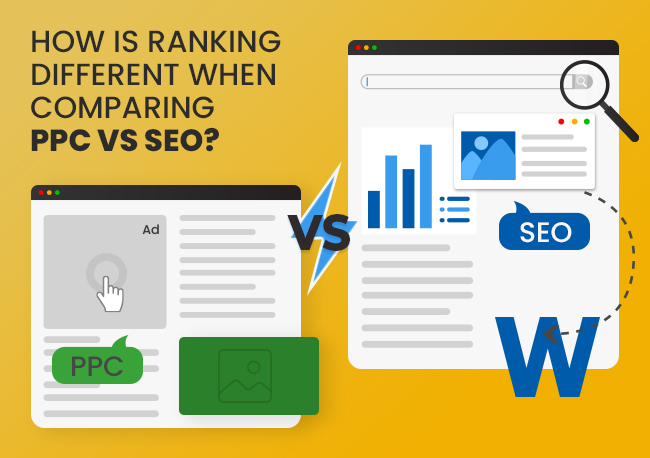
How is Ranking Different When Comparing PPC vs SEO?
When it comes to digital marketing strategies, PPC (Pay-Per-Click) and SEO (Search Engine Optimization) are two powerful tools that businesses can utilize to improve their online visibility and generate leads. While both PPC and SEO aim to increase website traffic and conversions, they achieve this in different ways. Understanding how ranking differs between PPC and SEO is crucial for businesses to make informed decisions about where to invest their marketing budgets. In this article, we will explore the key differences in ranking between PPC and SEO, shedding light on the unique benefits and challenges that each strategy offers.
The Importance of PPC and SEO in Online Marketing
Before diving into the differences in ranking between PPC and SEO, let’s first understand the importance of these strategies in the world of online marketing. PPC is a form of paid advertising where businesses bid on keywords to display their ads prominently in search engine results. SEO, on the other hand, involves optimizing a website’s content, structure, and technical elements to improve its visibility in organic (non-paid) search results. Together, these strategies allow businesses to maximize their online presence and attract potential customers.
PPC: Instant Visibility at a Cost
PPC campaigns offer businesses the advantage of instant visibility on search engine results pages (SERPs). With the right bid and ad quality, businesses can secure top positions and gain immediate exposure to their target audience. When it comes to ranking in PPC, several factors come into play:
- Ad Relevance: The relevance of the ad to the search query affects its ranking. Ads that closely match the user’s intent are more likely to appear higher in the results.
- Bid Amount: The higher the bid amount, the more likely the ad will be displayed in a top position.
- Quality Score: Search engines evaluate the quality and relevance of ads to determine their ranking. A higher quality score can result in better ad positions at a lower cost-per-click.
While PPC offers instant visibility, it comes at a cost. Advertisers pay for each click their ads receive, which means that even if an ad ranks well, the business incurs costs for every click, regardless of whether it leads to a conversion. ROI measurement and continuous optimization are essential for PPC campaigns to ensure that businesses achieve their desired outcomes without overspending.
SEO: Long-Term Organic Ranking
Unlike PPC, SEO focuses on organic ranking, meaning businesses strive to secure top positions in search results without paying for clicks. SEO requires a more holistic and long-term approach to achieve sustained visibility. The ranking factors in SEO are more complex and constantly evolving, but some key elements include:
- Relevant Content: High-quality and relevant content that aligns with user search queries helps websites rank better organically.
- Backlinks: The quantity and quality of links pointing to a website are important ranking factors in SEO.
- User Experience: Websites that are user-friendly, mobile responsive, and load quickly tend to rank higher in search results.
Ranking in SEO takes time and ongoing effort. It is a continuous process of optimizing content, building backlinks, and improving the overall user experience. Unlike PPC, SEO offers businesses the opportunity to generate organic traffic and leads without incurring the direct costs associated with paid advertising. However, SEO requires patience and a long-term mindset as it can take weeks or months to see noticeable improvements in organic rankings.
Benefits of PPC and SEO: Finding the Right Balance
While PPC and SEO have different approaches to ranking, both strategies offer unique benefits that businesses should consider when planning their digital marketing efforts. The key is to find the right balance between PPC and SEO based on specific business goals and budget constraints.
Immediate Results with PPC
One of the biggest advantages of PPC is its ability to deliver instant results. With PPC, businesses can quickly gain visibility for their target keywords and start driving traffic to their websites. This is especially useful for new businesses or those looking to promote special offers or time-sensitive campaigns. PPC also provides valuable data and insights that can be used to refine marketing strategies and improve ROI. Additionally, PPC allows for precise targeting, enabling businesses to reach specific demographics, locations, and devices.
Sustainable Long-Term Growth with SEO
While SEO takes time to yield results, it offers long-term sustainable growth for businesses. Securing top rankings organically can lead to a steady stream of highly targeted organic traffic, making it an excellent long-term investment. Additionally, unlike PPC where costs increase as traffic grows, the costs of SEO are relatively fixed, making it a cost-effective option for long-term marketing success. SEO also enhances brand credibility and authority, as top organic rankings are often associated with trustworthiness and competence.
Maximizing Results: Synergy Between PPC and SEO
Instead of seeing PPC and SEO as competing strategies, businesses can harness their power by combining them strategically. Integrating PPC with SEO can yield better results and maximize the overall effectiveness of a digital marketing campaign. Here are a few ways to leverage the synergy between PPC and SEO:
Keyword Insights and Optimization
PPC campaigns provide valuable data on keyword performance and conversion rates. This data can be used to identify high-performing keywords and optimize SEO strategies accordingly. By targeting the most effective keywords through both PPC and SEO, businesses can increase visibility and improve overall campaign performance.
Testing and Refining Messaging
PPC campaigns allow businesses to test different ad messaging and CTAs (Call To Actions) to see what resonates best with their target audience. The insights gained from PPC experiments can be applied to SEO, refining website content, meta descriptions, and title tags to increase click-through rates and improve organic rankings.
Branding and Authority
PPC campaigns can help businesses increase brand visibility and awareness, which in turn can boost organic search traffic. When users see a brand’s ad consistently in top positions, they are more likely to trust and click on the organic search results associated with that brand. This synergy between PPC and SEO can drive more traffic and improve overall click-through rates.
Conclusion
When it comes to ranking, PPC and SEO offer businesses different paths to success. PPC focuses on immediate visibility through paid advertising, while SEO aims for sustainable long-term organic growth. By understanding the benefits and challenges of each strategy and leveraging their synergistic potential, businesses can maximize their online presence, attract a targeted audience, and achieve their marketing goals effectively.
Key Takeaways: How is Ranking Different When Comparing PPC vs SEO?
- PPC focuses on paid advertising, while SEO focuses on organic search rankings.
- PPC rankings are determined by bidding for ad placement, while SEO rankings depend on various factors like content, keywords, and backlinks.
- PPC provides immediate visibility and traffic, but stops when the budget runs out, while SEO provides long-term visibility and traffic potential.
- PPC allows for precise targeting and control over ad campaigns, while SEO depends on optimizing website elements for search engines.
- PPC can be costly, especially for competitive keywords, while SEO can be a more cost-effective long-term strategy.
Frequently Asked Questions
Welcome to our FAQ section where we answer commonly asked questions about the differences in ranking between PPC and SEO strategies. Read on to find out more!
1. How does ranking work in PPC?
In PPC (Pay-Per-Click) advertising, ranking is determined by the ad auction process. Advertisers bid on keywords, and when a user searches for those keywords, the ad with the highest bid and best quality score appears at the top. Other factors, such as ad relevance and landing page experience, also influence rankings.
The position of your PPC ad is determined by your bid, Quality Score, and the competition for that specific keyword. The higher your bid and Quality Score, the more likely your ad will appear higher on the search results page.
2. How does ranking work in SEO?
In SEO (Search Engine Optimization), ranking is based on various factors that search engines use to determine the relevance and quality of a webpage. These factors include keyword usage, content quality, backlinks, user experience, and page load speed.
Search engines analyze these factors to determine how well your webpage matches a user’s search query. The more relevant and valuable your content, the higher your ranking will be in the organic search results.
3. Can PPC guarantee a higher ranking than SEO?
PPC advertising has the advantage of immediate visibility on the search results page because you pay to have your ad displayed. However, PPC ads are labeled as “advertisements,” and some users may skip them in favor of organic search results.
SEO, on the other hand, can lead to long-term organic rankings without the need for continuous ad spend. While SEO rankings are not guaranteed, strategic optimization can help improve your visibility and increase the chances of ranking higher in organic search results.
4. Which strategy is more cost-effective for ranking?
The cost-effectiveness of PPC and SEO for ranking depends on various factors, including your budget, industry competition, and marketing goals.
PPC can be effective for driving immediate traffic and achieving high visibility, but the costs can add up quickly. SEO, on the other hand, requires ongoing efforts and time to build organic visibility, but it can lead to sustainable long-term results without ongoing ad spend. It’s advisable to consider a combination of both strategies to complement each other and maximize overall ROI.
5. How long does it take to see ranking improvements in SEO?
SEO is a long-term strategy that requires patience and consistent effort. Ranking improvements can take time and vary depending on factors like the competitiveness of your industry, the quality of your optimization, and the authority of your website.
While it’s difficult to provide an exact timeframe for ranking improvements, many SEO campaigns start showing noticeable results within a few months. However, to achieve significant and sustainable improvements, ongoing optimization and content development are necessary.
How is Ranking Different When Comparing PPC vs SEO? | SEO Tips
Summary
When it comes to comparing PPC and SEO rankings, there are some important differences to remember. PPC stands for Pay-Per-Click, and it involves paying for ads to appear at the top of search engine results. SEO, on the other hand, is all about optimizing your website to naturally appear higher in search results. PPC can bring immediate traffic, but you have to pay for every click. SEO takes longer to see results but is more cost-effective in the long run. Both strategies have their pros and cons, so it’s important to understand your goals and budget before deciding which one is right for you.

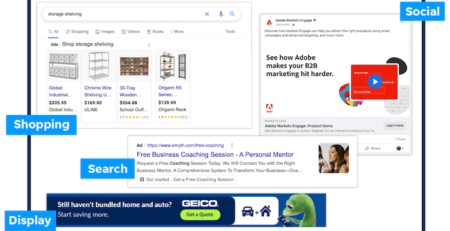
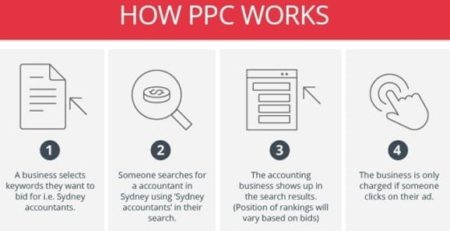
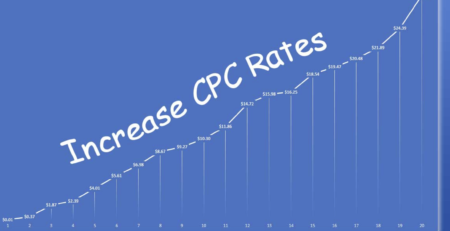
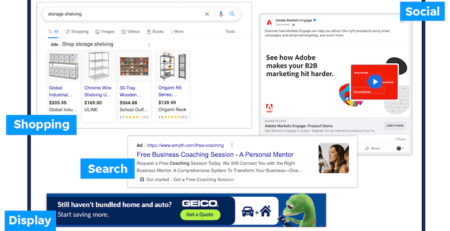
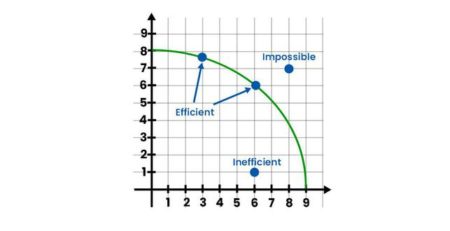
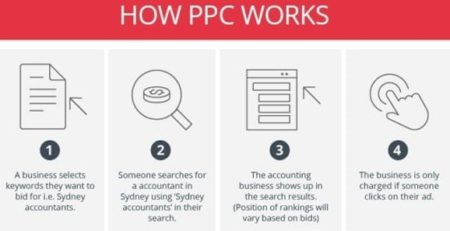
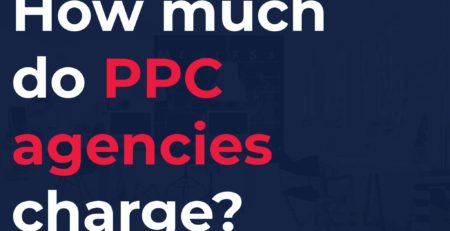
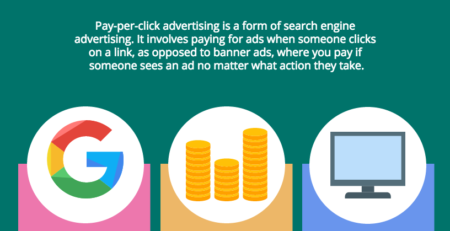
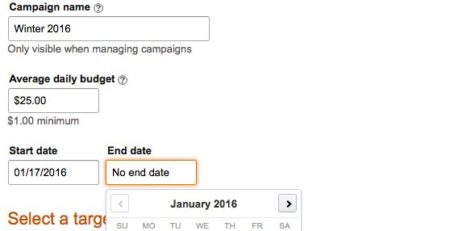
Leave a Reply